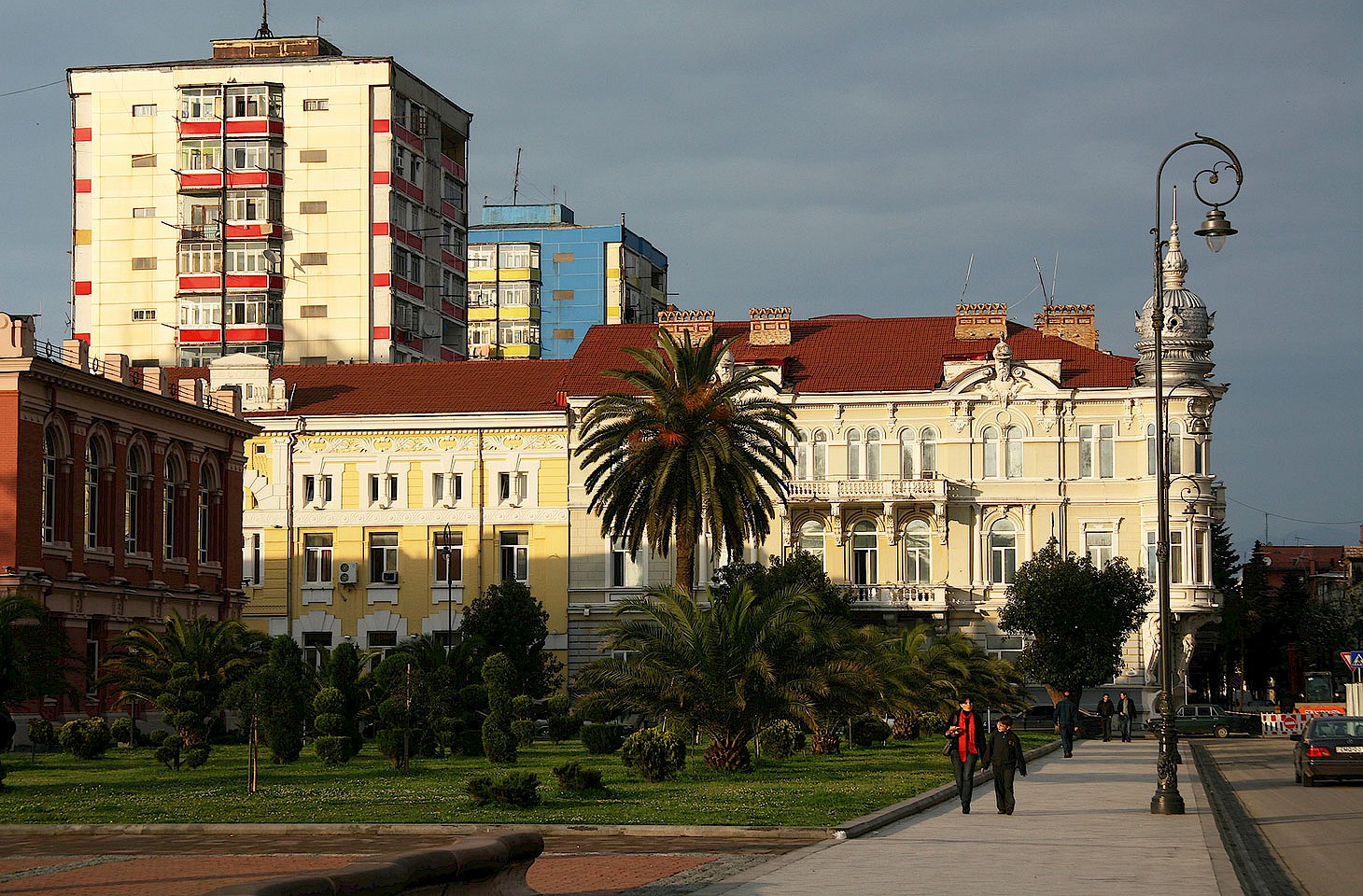The news that a team from outside France has just topped the French national football league prompts us to reflect on the geographical affinities of sports clubs and teams across Europe and beyond. AS Monaco romped home with 30 wins this season to top Ligue 1 in France, securing a higher number of points than any other team in a major European football league — 95 in all.
Monaco play their home games in the Riviera principality at a stadium which at its southwestern end almost touches French territory. Almost touches, but not quite. This season’s Ligue 1 success was the eighth occasion in 60 years that AS Monaco have won the French league, encouraging some commentators to remark that this is to all intents and purposes a French team — one that just happens to be based a few metres beyond the French border. But spirited defenders of Monégasque tradition always recall the fact that forty years ago the club had in Armand Forcherio a home-grown manager who held a Monaco passport. Forcherio had earlier in his career played for the team for a decade.
AS Monaco is of course not unique in playing in the ‘wrong’ league.




